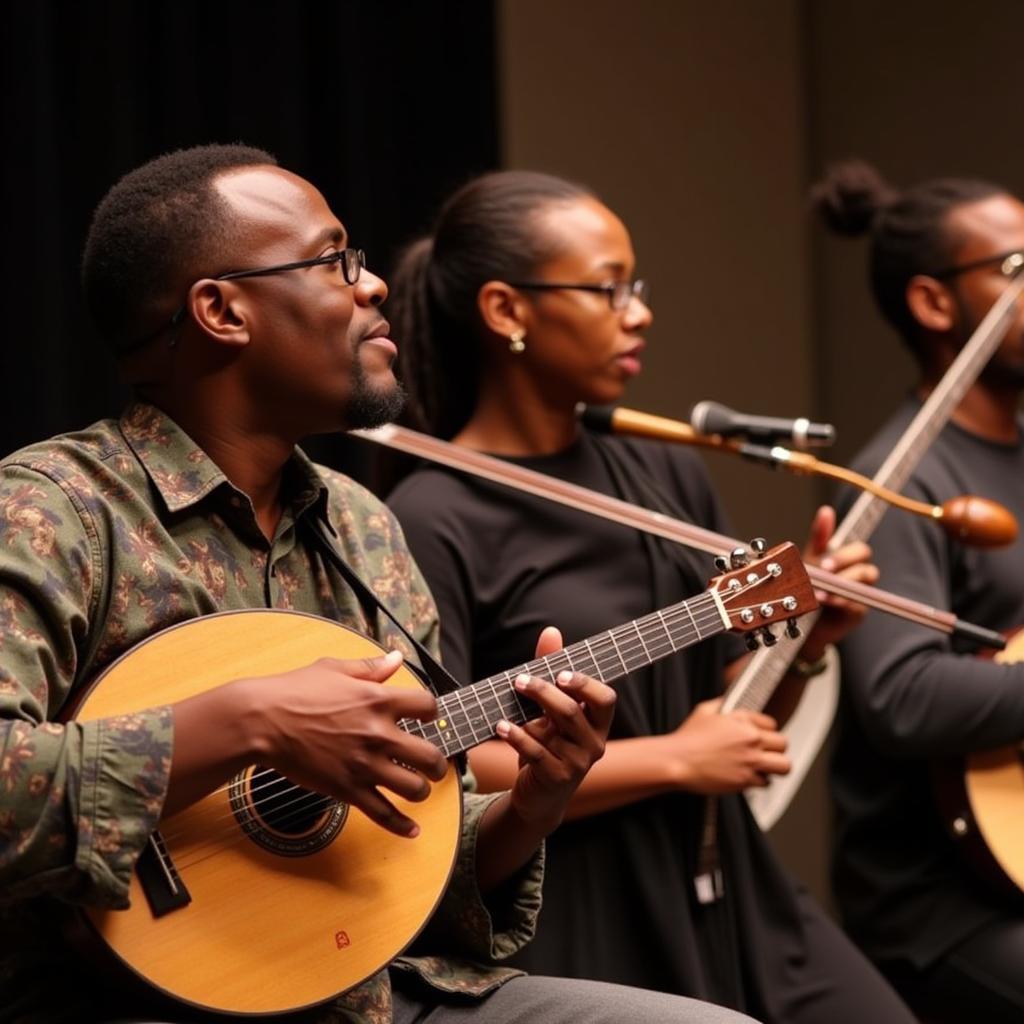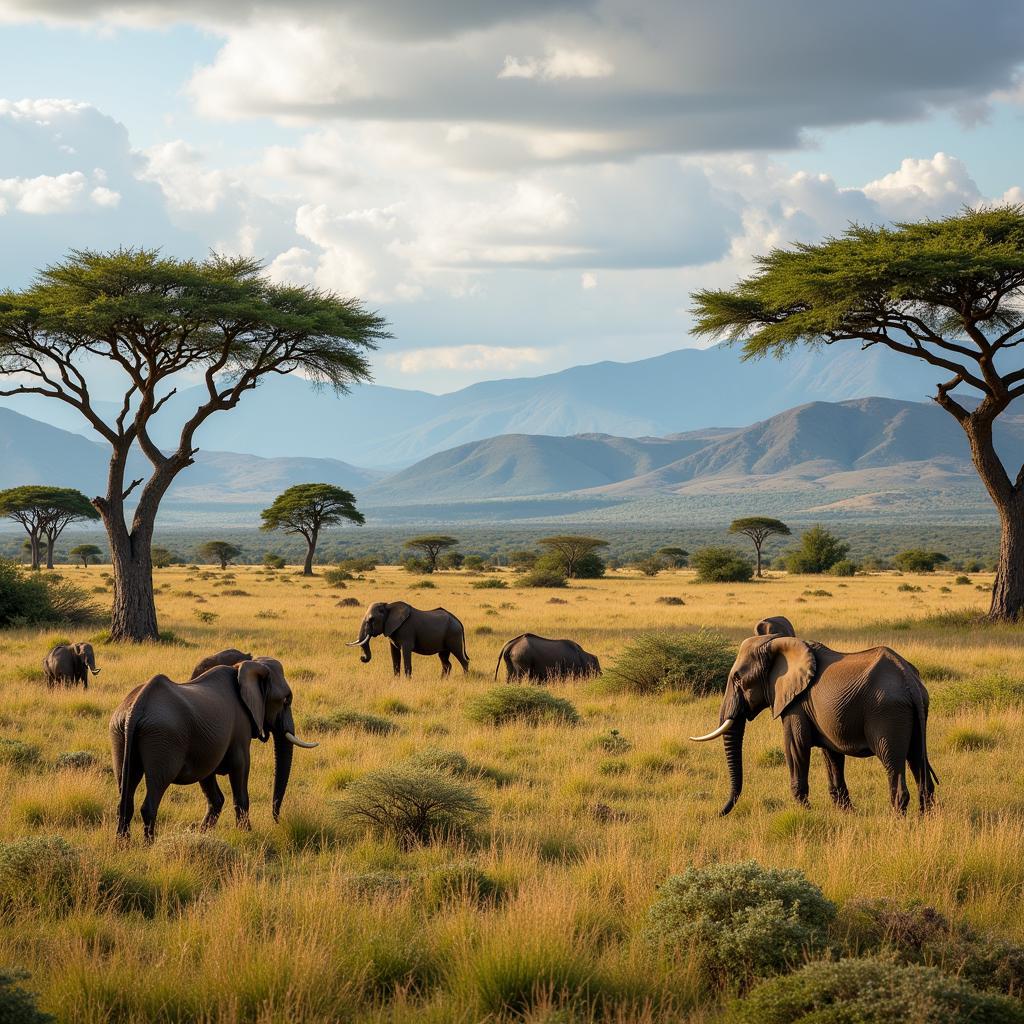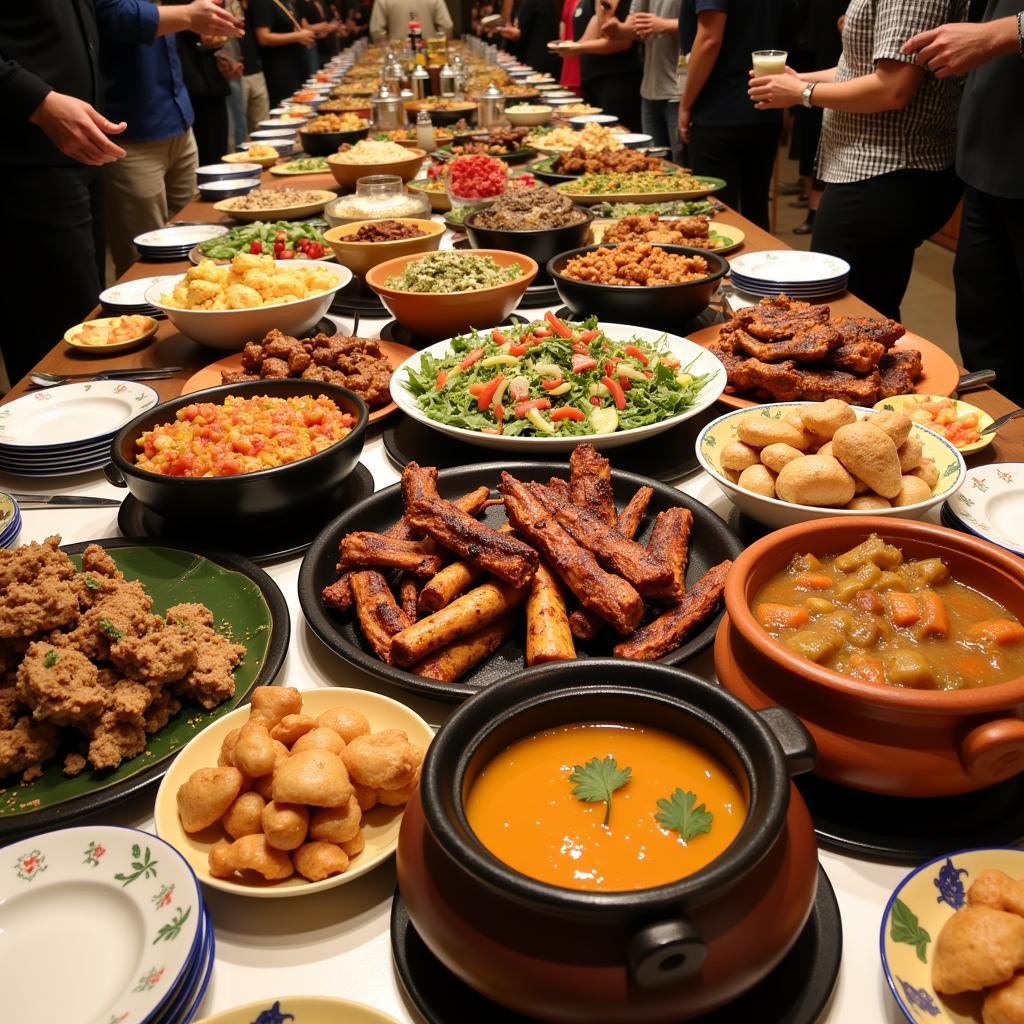African Big Lips: Beauty, Significance, and Misconceptions
The subject of “African Big Lips” often sparks curiosity and, unfortunately, sometimes perpetuates harmful stereotypes. This article aims to delve into the cultural significance of full lips within various African societies, addressing common misconceptions and highlighting the beauty found in diversity.
Beyond the Stereotype: Understanding Diverse Beauty Standards
It’s crucial to understand that Africa is not a monolith. The continent encompasses 54 countries, each with unique cultures, traditions, and yes, beauty standards. While full lips are celebrated in many African communities, it’s inaccurate and reductive to generalize this feature across the entire continent.
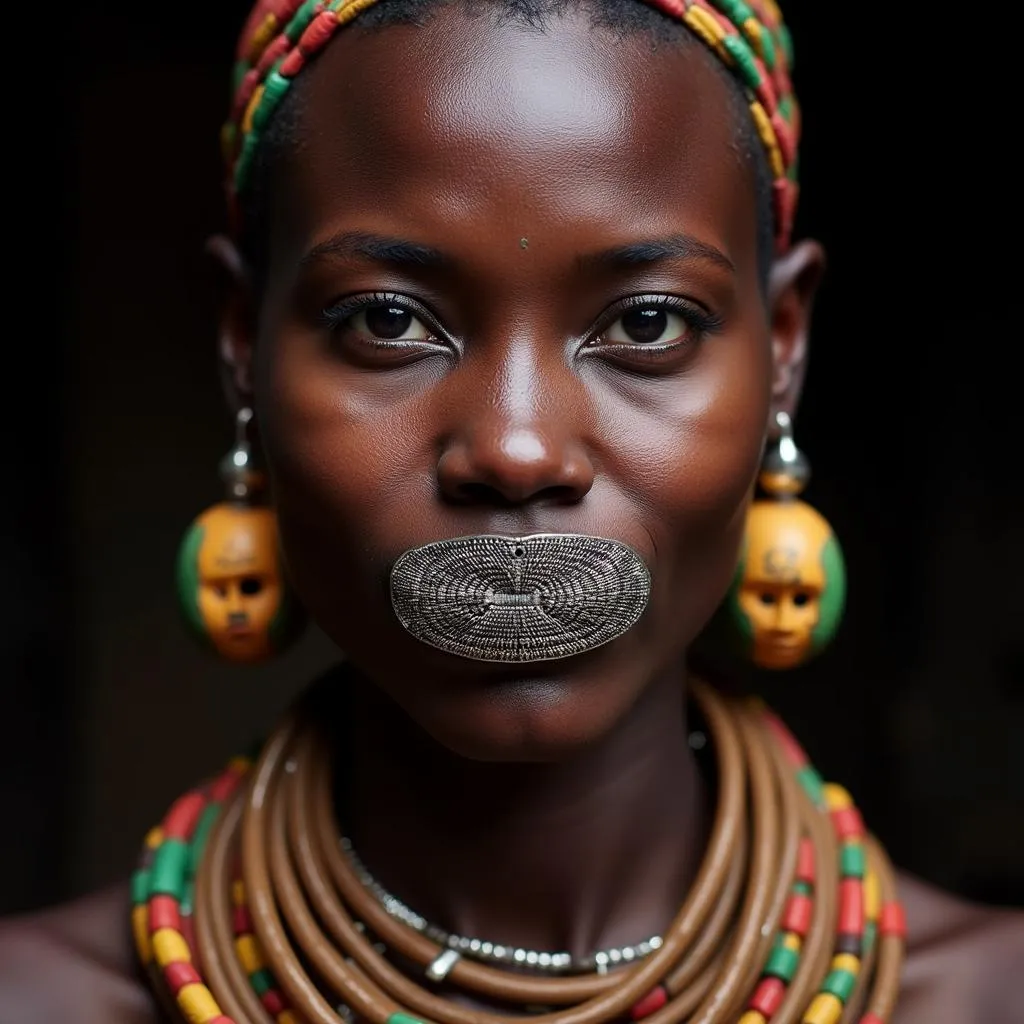 Mursi Tribe Lip Plates
Mursi Tribe Lip Plates
Within Africa, perceptions of beauty are as diverse as the people themselves. For example, the Fulani people of West Africa often associate beauty with high foreheads and slender noses. Meanwhile, in some East African cultures, elongated earlobes are considered a sign of beauty. These examples demonstrate the vast spectrum of aesthetics within Africa, challenging the notion of a single, stereotypical look.
Celebrating Full Lips: Symbolism and Cultural Context
In many African cultures, full lips are indeed seen as a sign of beauty and attractiveness, often associated with sensuality, fertility, and vitality. However, attributing these meanings solely to physical features is an oversimplification.
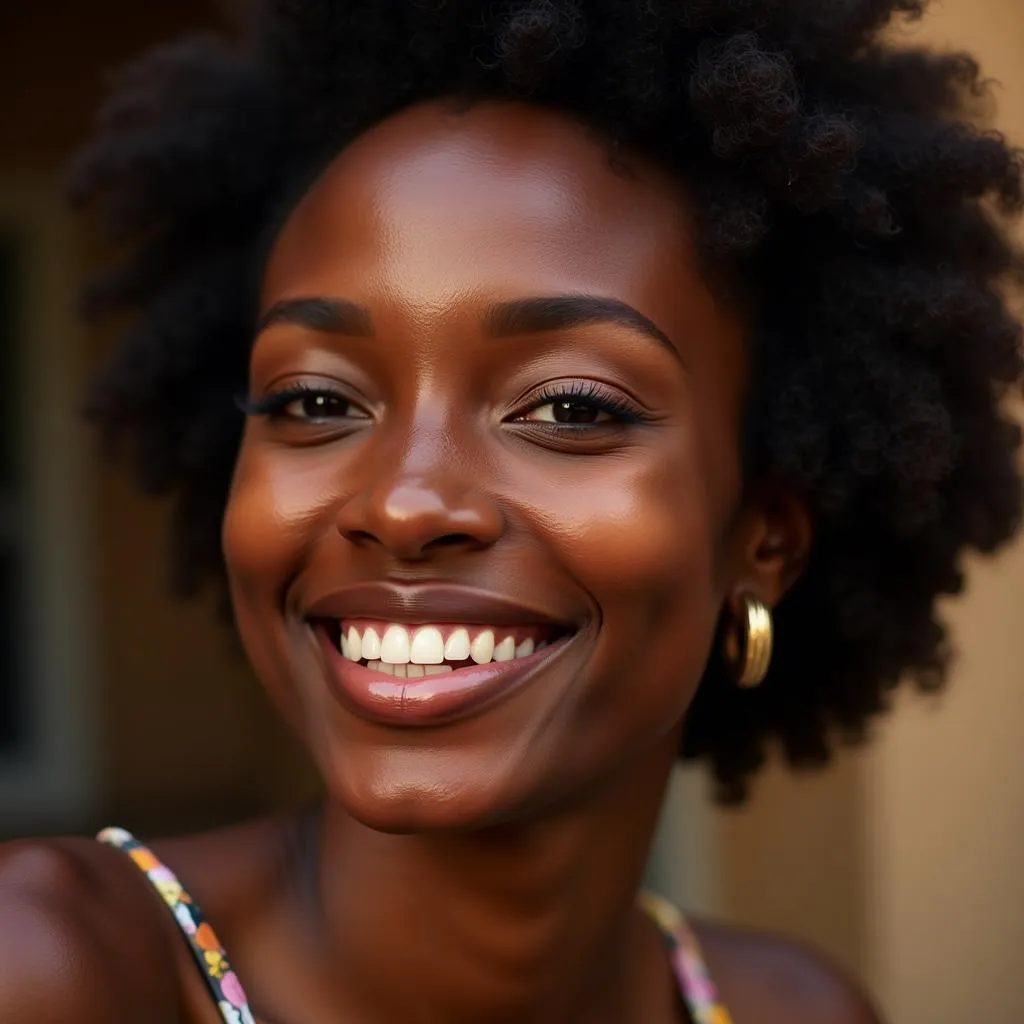 Smiling African Woman
Smiling African Woman
For instance, among the Wodaabe people of Niger, men with full lips are considered particularly attractive. This is evident during the Gerewol festival, where Wodaabe men adorn themselves with elaborate makeup and perform dances to attract potential partners. Similarly, in some Southern African cultures, full lips are linked to storytelling prowess.
It’s important to note that these interpretations are deeply intertwined with specific cultural contexts, rituals, and beliefs. Reducing them to mere physical attributes strips them of their rich cultural significance.
Addressing Harmful Misconceptions: Combating Stereotypes
The hypersexualization and fetishization of “African big lips” is a harmful stereotype rooted in colonialism and racism. This narrow view disrespects the diversity of African people and reduces individuals to physical characteristics often presented in a caricatured and dehumanizing manner.
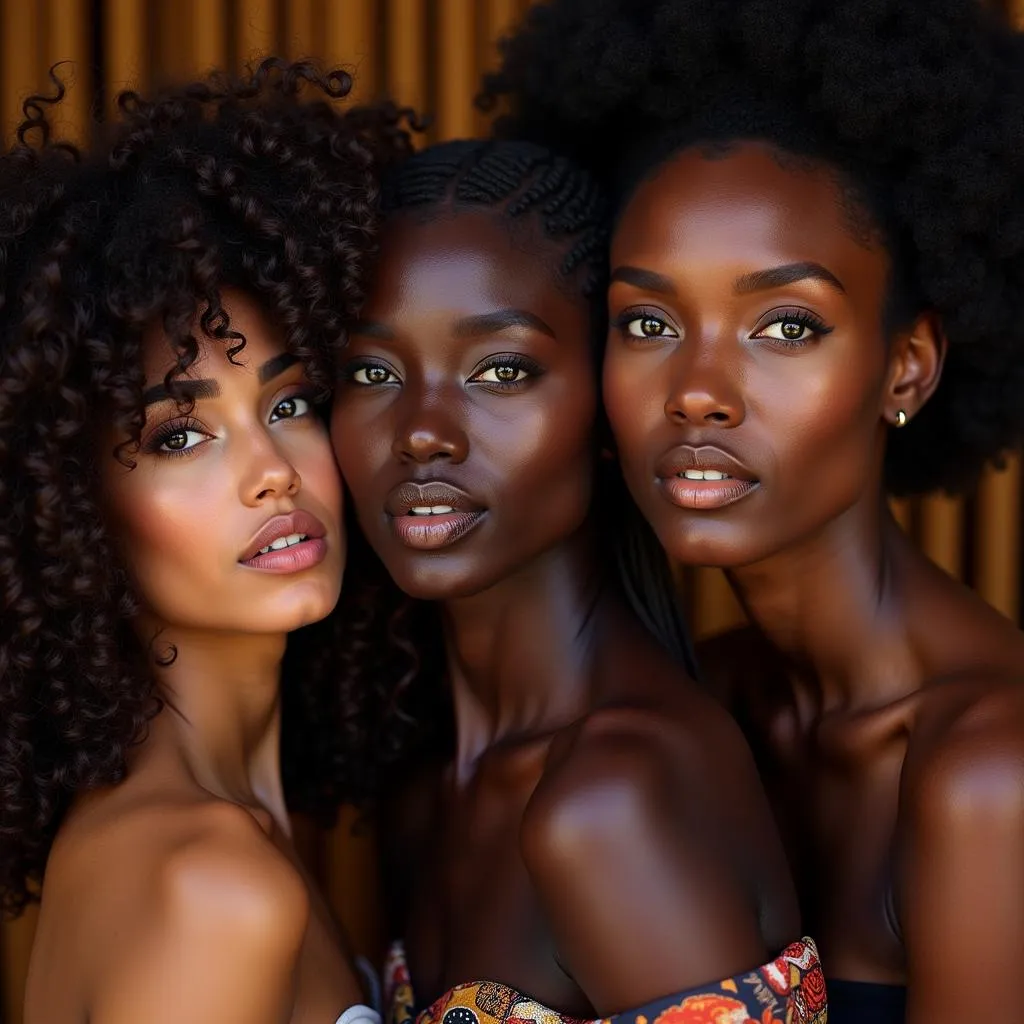 Diverse African Beauty
Diverse African Beauty
It’s crucial to challenge these harmful narratives and recognize the dangers of perpetuating stereotypes. Instead of focusing on physical attributes in isolation, we should strive to understand the cultural contexts and meanings behind them.
Conclusion: Appreciating Beauty in Diversity
Exploring the significance of “African big lips” reveals the importance of understanding cultural context and challenging harmful stereotypes. Africa’s beauty lies in its diversity – a tapestry woven with unique traditions, values, and expressions of beauty. By appreciating this diversity, we can move beyond reductive stereotypes and celebrate the richness of human experience across the continent.
FAQ
-
Is it true that all African people have big lips?
No, this is a harmful generalization. While full lips are celebrated in many African cultures, it’s important to remember that Africa is a diverse continent with a wide range of physical features. -
What is the cultural significance of lip plates in some African tribes?
Lip plates, like those worn by the Mursi tribe, hold significant cultural value. They are often seen as symbols of beauty, social status, and cultural identity. -
How can I challenge stereotypes about African physical features?
Educate yourself about the diversity of Africa and its people. Challenge generalizations and engage in respectful conversations that promote understanding and appreciation for different cultures. -
Are there other examples of unique beauty standards in Africa?
Yes, many! For instance, African big lips ears are considered beautiful by some, while others find elongated earlobes or high foreheads attractive. -
What are some resources for learning more about African cultures?
There are numerous books, documentaries, and online resources dedicated to exploring African cultures. You can also find valuable insights from organizations promoting cross-cultural understanding.
Need More Information?
If you have any further questions or need additional assistance, please feel free to contact us.
Phone Number: +255768904061
Email: kaka.mag@gmail.com
Address: Mbarali DC Mawindi, Kangaga, Tanzania.
Our dedicated customer support team is available 24/7 to assist you.
